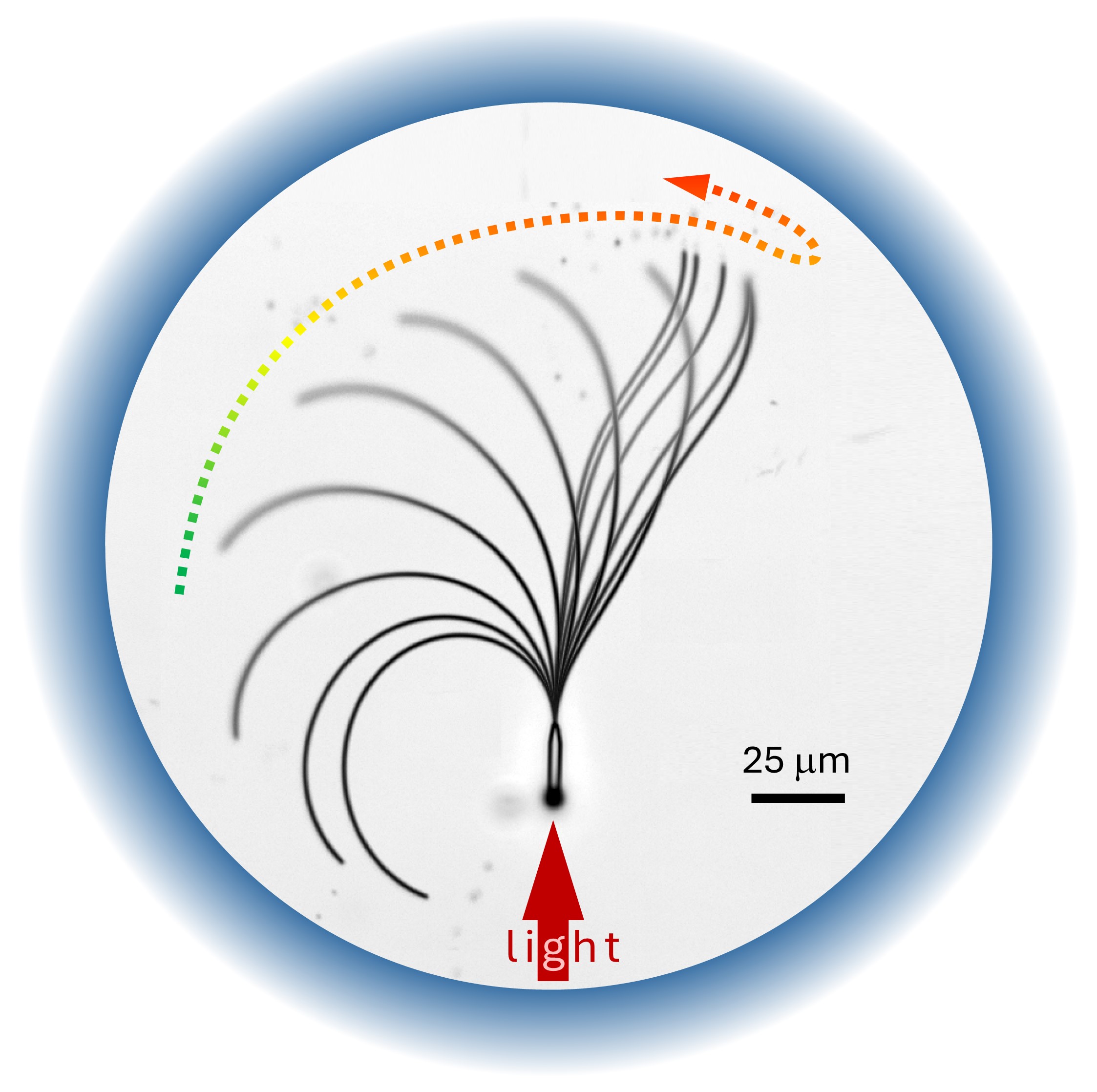
A HUN-REN Szegedi Biológiai Kutatóközpont Biofotonika és Biomikrofluidika Kutatócsoportjának tagjai olyan különleges, rugalmas fényvezetőket fejlesztettek ki, amelyek a bennük haladó fény fizikai nyomását kihasználva képesek a deformációra.

A statisztikai elemzés ma sok kutató számára továbbra is komoly technikai akadályt jelent: a nagy tudású eszközök – például az R – gyakran programozási ismereteket, összetett kódolást és több különálló lépést igényelnek az elemzéstől a publikációra kész ábrákig.
A JASP ezzel szemben egy nyílt forráskódú, ingyenesen elérhető, grafikus felületű statisztikai szoftver, amelynek célja, hogy a korszerű statisztikai módszerek kódolás nélkül, átlátható és reprodukálható módon legyenek elérhetők a kutatók számára.

2025. december 4-én a HUN-REN Magyar Kutatási Hálózat székházában megtartott gálaesten került sor a HUN-REN Kiválósági Díj, a Bárány Róbert Díjak és a kutató professor emeritus címek átadására.

November 28-án tartotta meg a Magyar Tudományos Akadémia (MTA) a hagyományos Lendület-napi rendezvényét, amelynek keretén belül átadták az újonnan alapított Lendület-díjakat, valamint bemutatkozott a 21 új, Lendület pályázatot nyert csoportvezető.

2025. november 18-21. között rendezték meg a Szegedi Tudományegyetem Szent-Györgyi Albert Orvostudományi Kar, Fogorvostudományi Kar, Gyógyszerésztudományi Kar és Egészségtudományi és Szociális Képzési Kar helyi Orvos- és Egészségtudományi Tudományos Diákköri Konferenciáját (TDK).

2025. november 23-25. között került sor a Nobel-díjasok és tehetséges diákok XXV. találkozójára, amelyen a Nemzeti Tudósképző Akadémia (NTA) minden évben átadja az Év Szent-Györgyi Hallgatója díjat, amelyet legjobb szakmai teljesítményt nyújtó hallgatónak ítélnek oda. Idén Szathmári Benedek, a HUN-REN Szegedi Biológiai Kutatóközpont Biokémiai Intézetének PhD hallgatója érdemelte ki ezt az elismerést.

At the Ceremonial Hall of SZTE’s Main Building, the SZTE Innovation Awards were presented during SZTE’s 13th Innovation Day. The ceremony began with welcome speeches by Prof. Dr. László Rovó, Rector of the University, and Dr. Veronika Varga-Bajusz, State Secretary for Higher Education, followed by addresses from Dr. Gábor Szabó, Chairman of the Board of Trustees of the Foundation for the University of Szeged, and Dr. Katalin Karikó, Nobel laureate and research professor at the University of Szeged.